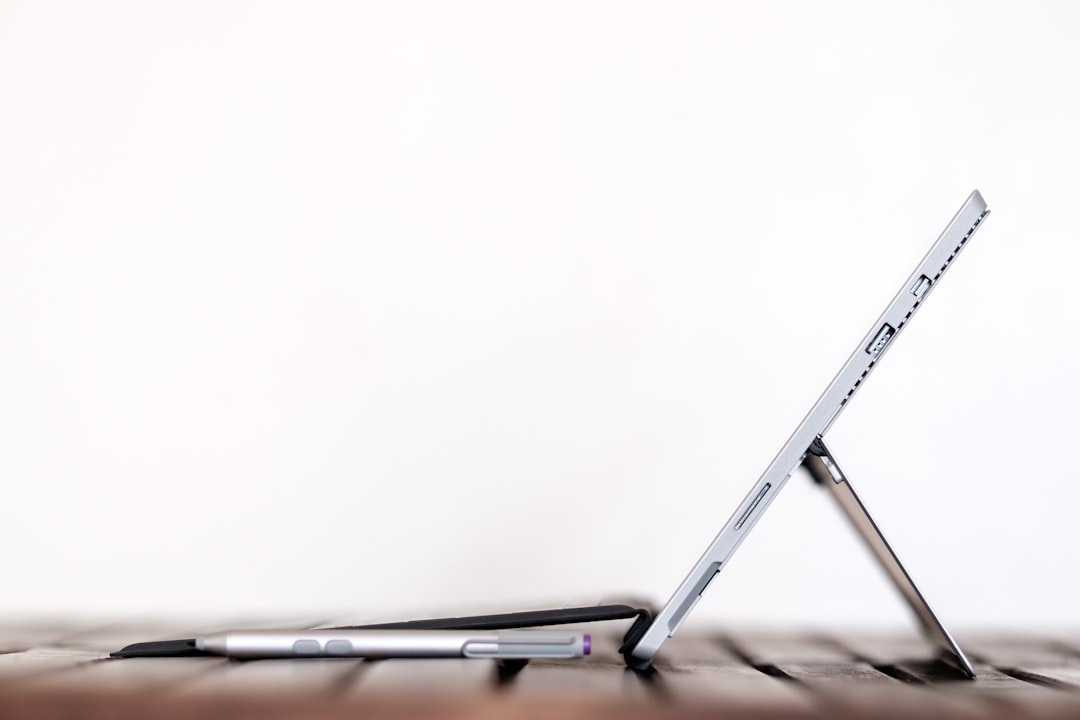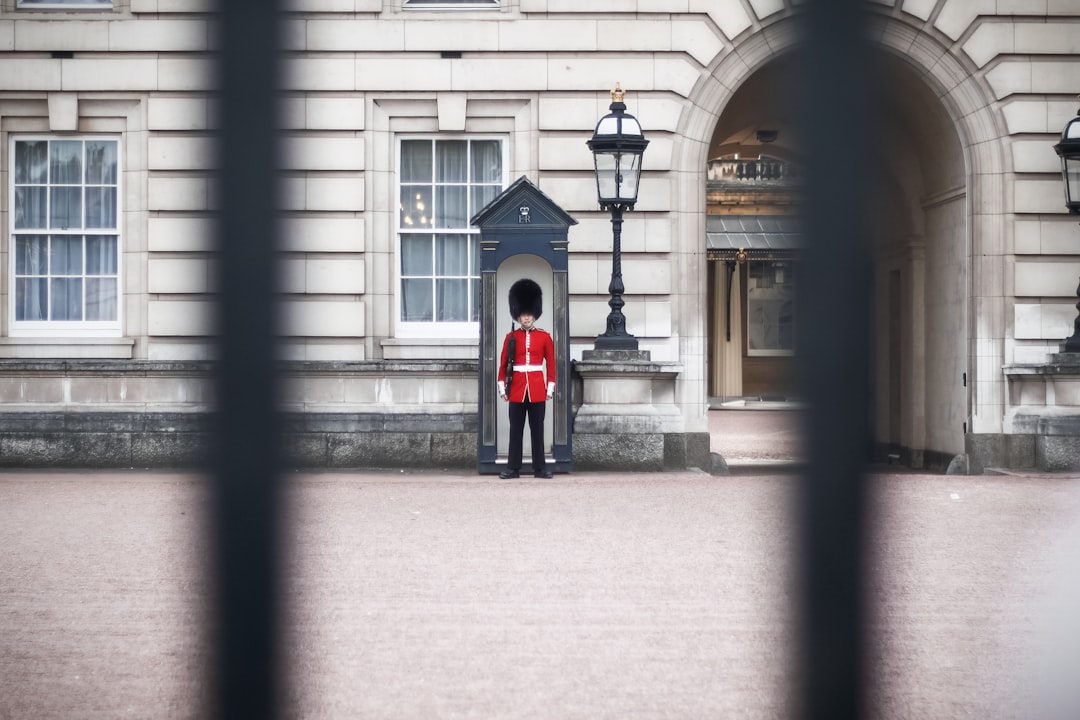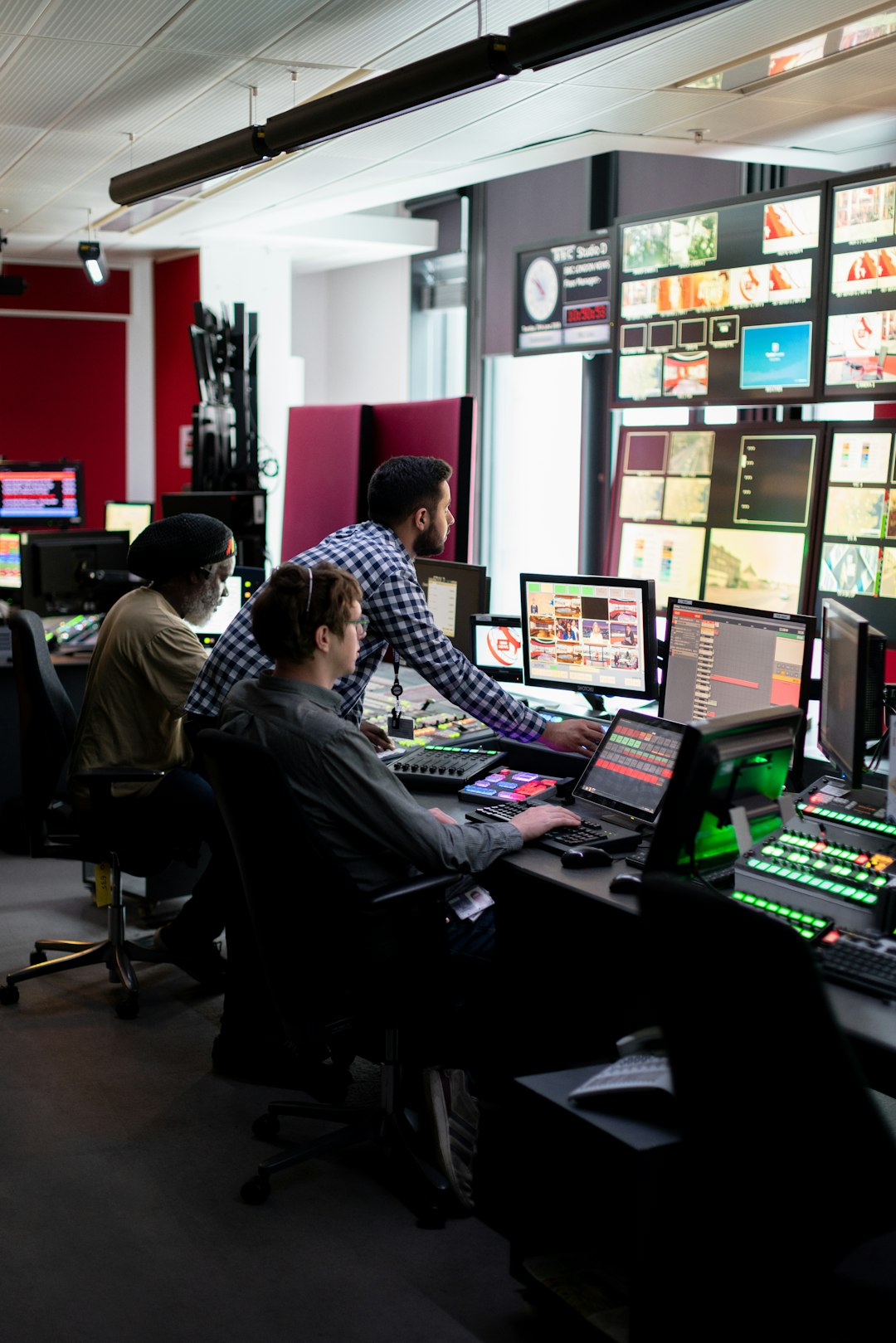Are QR Codes Tracking And Sharing Your Personal Data?
QR codes are everywhere! You see them in restaurants, stores, and even on posters. They make life easier. Just scan, and boom! You’re taken to a website, a menu, or even a payment page.
But have you ever wondered what happens when you scan a QR code? Could it be tracking you? Let’s break it down in a fun and simple way!
Contents
How Do QR Codes Work?
A QR code is like a digital shortcut. Your phone’s camera scans it and opens a link. It might take you to a website, a video, or even a payment portal.
But here’s the thing—some QR codes do more than just open a link. They can track what you do next.

Can QR Codes Track You?
Yes, some of them can. But not all QR codes are tracking your data.
Here’s how tracking QR codes work:
- Redirect URLs: Some QR codes send you to a website that collects data about your visit.
- UTM Parameters: Businesses use special codes in the URL to see where traffic is coming from.
- Apps and Permissions: If the QR code opens an app, it might request access to your location or personal info.
This tracking is mostly used for marketing. Companies want to know how many people scanned their code and where they came from.
When you scan a QR code, it might collect:
- Your device type (iPhone, Android, etc.)
- Your location (if location services are on)
- The time and date of your scan
- Your IP address
Most businesses use this data for analytics. They want to know if their QR code campaign is working.
Can QR Codes Be Dangerous?
Yes! Some hackers use fake QR codes to trick people. These QR scams can:
- Send you to a fake website to steal your personal information
- Download malware onto your phone
- Trick you into entering payment details

How to Stay Safe When Scanning QR Codes
You don’t need to fear QR codes. Just be smart about using them! Here’s how:
- Check the link before clicking: Most phones show a preview of the URL before opening it.
- Avoid scanning random QR codes: If it’s on a sticker or a random public place, be cautious.
- Use your phone’s built-in scanner: Avoid third-party QR scanner apps unless they’re trusted.
- Disable location tracking: This prevents QR codes from accessing your location data.
Are They Sharing Your Data?
Not all QR codes share your data, but some do track basic info. Most of the time, it’s harmless marketing data. But in some cases, scammers use QR codes for bad reasons.
The key is to be aware. Always check before scanning, and don’t enter personal info if a QR code asks you to.

Final Thoughts
QR codes are super useful, but like anything on the internet, they can be used for good or bad. Be mindful of what you’re scanning, and you’ll stay safe.
Next time you see a QR code, go ahead and scan it—but do it wisely!
